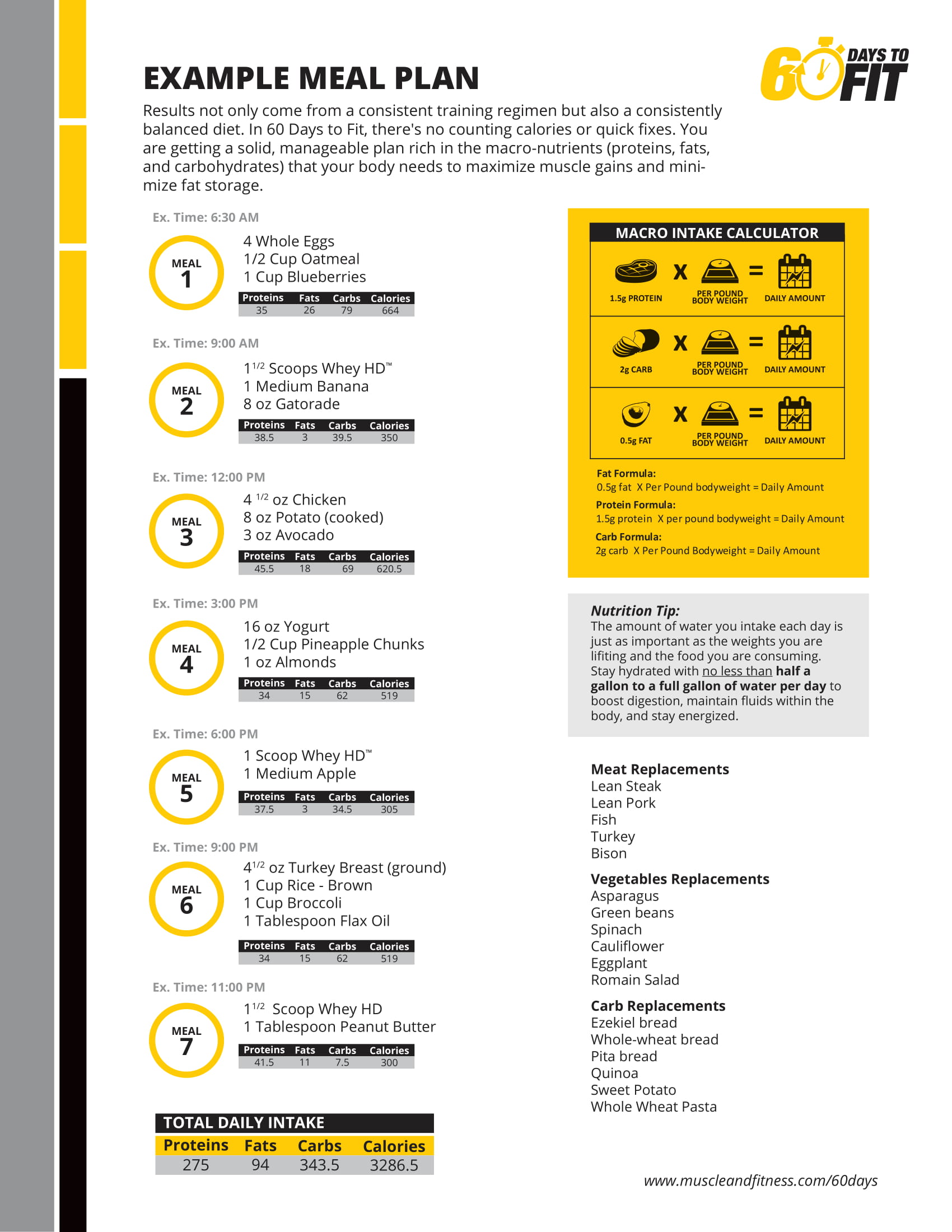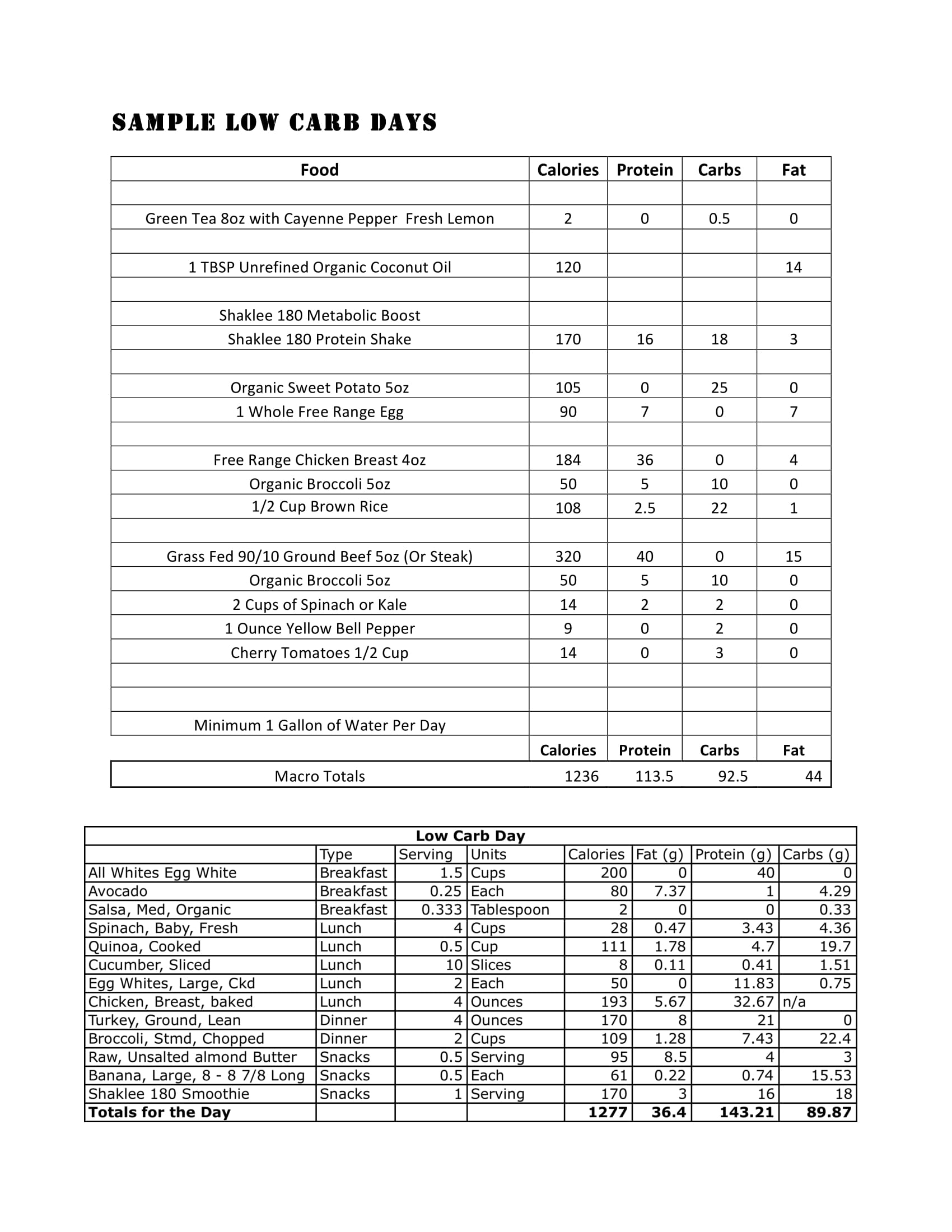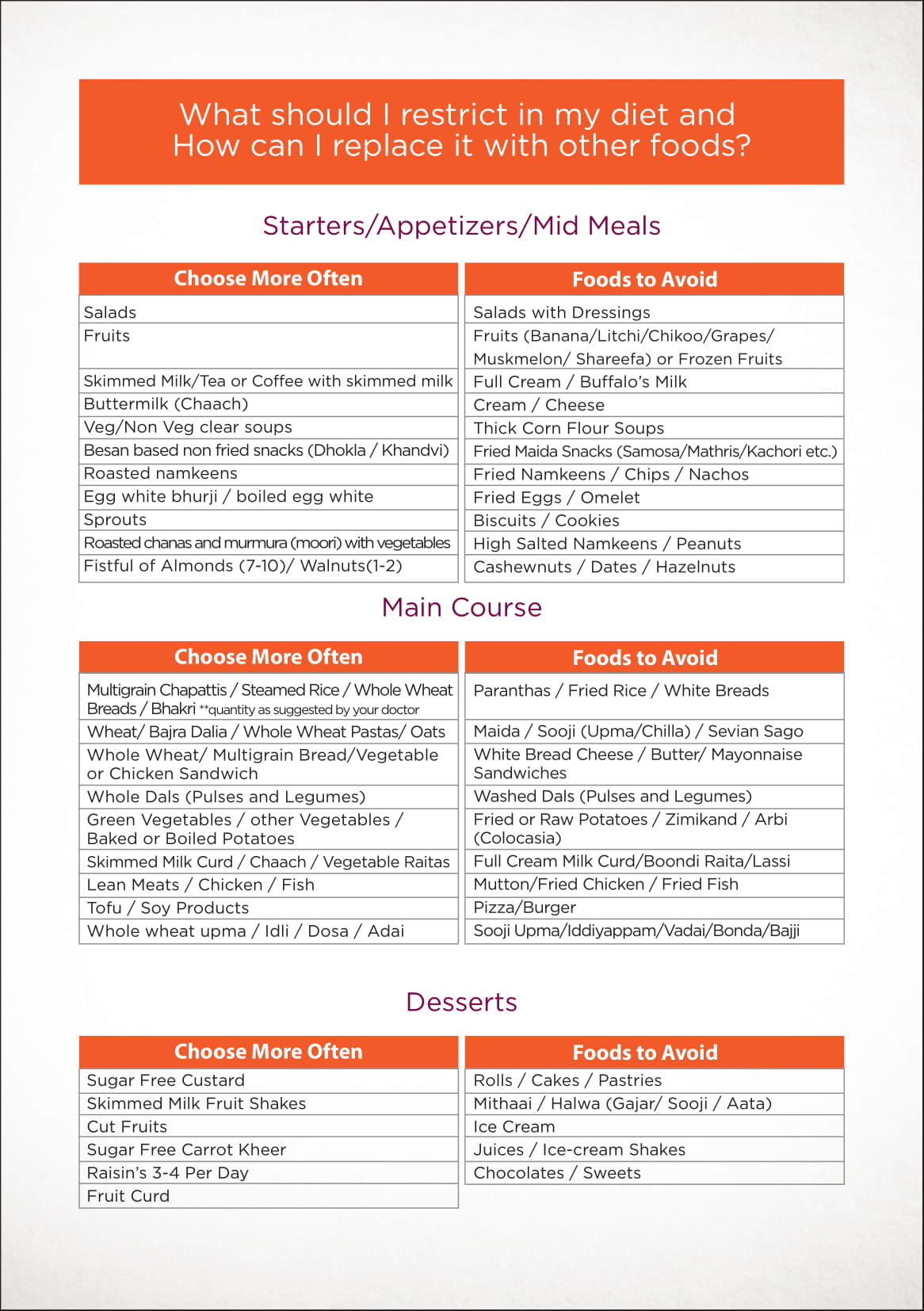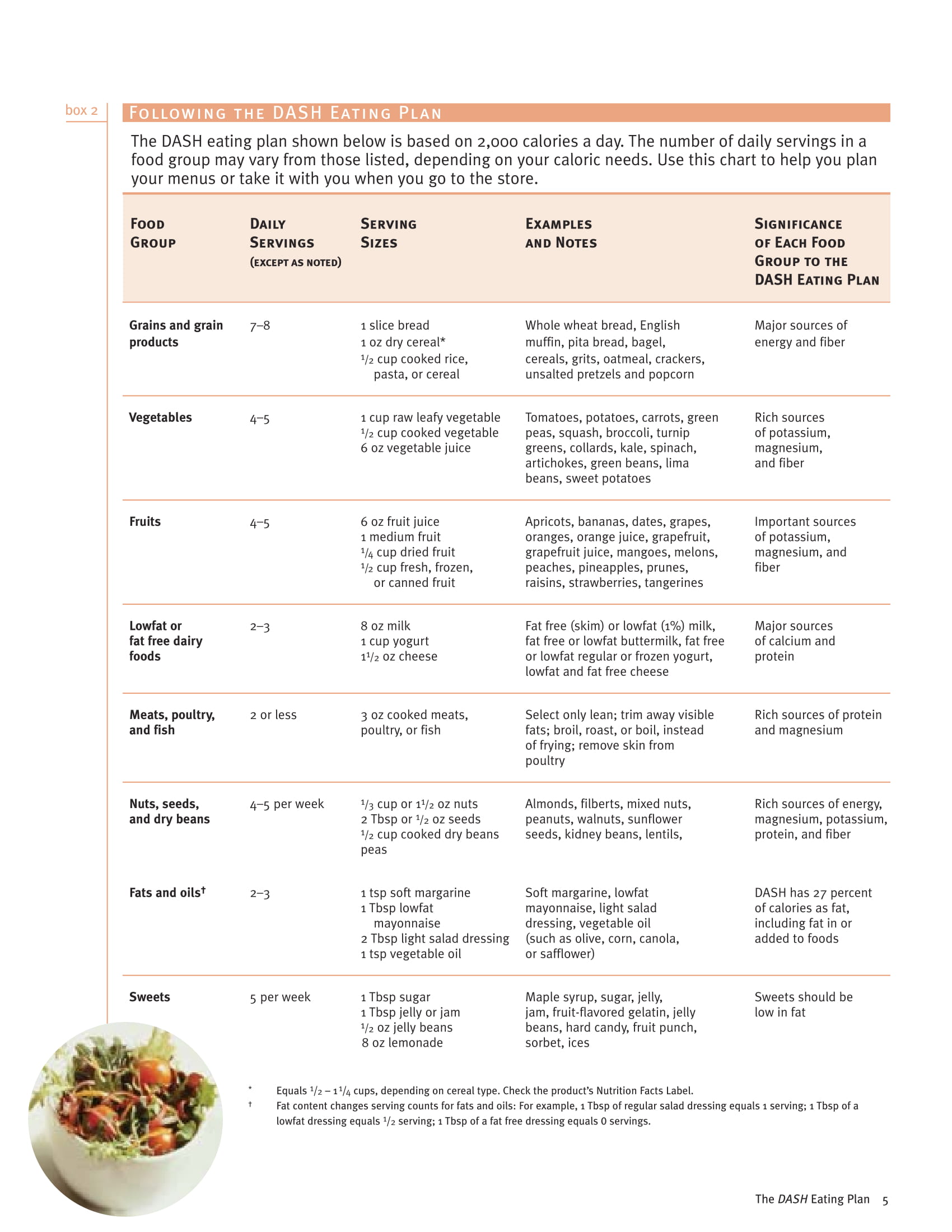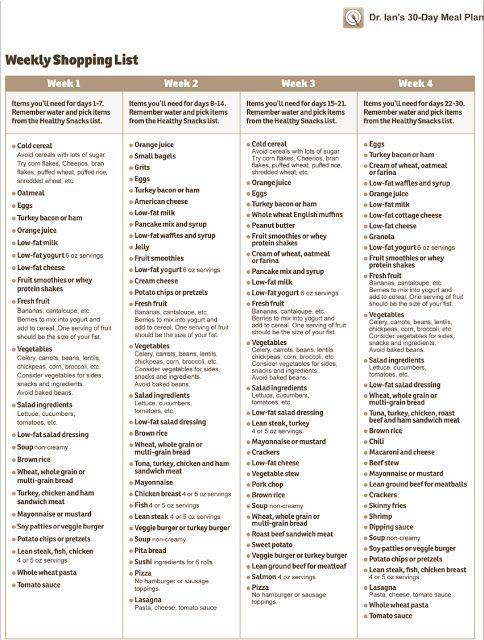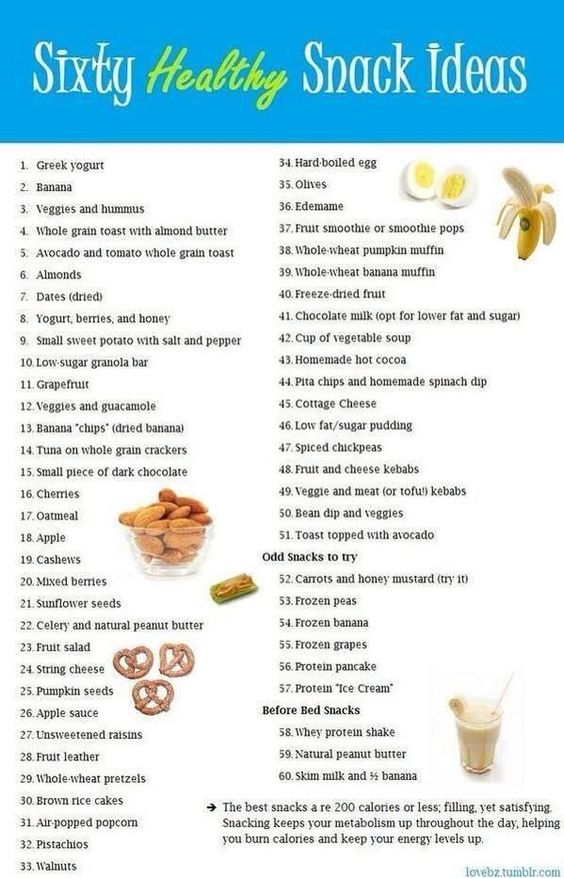5+ 60-Day Diet Plan Examples to Download
When wanting to achieve your dream bod, there is no shortcut. You need to commit yourself to rigorous training and countless meal plans because in order to be fit or stay fit you need to maintain regular exercise and a daily balanced diet. If you think that going to the gym, doing some workout routines is the ticket to that buff and healthy bod, you are gravely mistaken. Tireless workouts will not really do much to your body if you continue to eat junk and not mind your daily food/nutrient intake.
However, it is important to note that it can be hard to start a completely different diet from what you are used to. It is also important to remember that although it can be hard, the benefits you can achieve from developing a healthy eating diet will not only help your present self but will also affect your long-term health. It is the reason why doctors, nutritionists, and even gym/fitness instructors put an emphasis on eating healthy rather than killing yourself in the gym. With that in mind, it is important to realize that the saying, “You are what you eat,” is true. How healthy or how bad you eat is obviously reflected by your current body state.

Why Is Eating Healthy Important?
The foundation of good health is a balanced diet, regular exercise, and avoiding bad habits like smoking and drinking alcoholic/carbonated beverages. Consuming high-quality proteins, carbohydrates, heart-healthy fats, vitamins, minerals, and water in the food that you eat on the daily will help ensure that your body is filled with what’s healthy for you. With this, here are some of the reasons why eating healthy is important:
1. Overall Health
The food that you eat is what your body uses in order to keep you healthy. The nutrients that your food contains is used to support the activities of day-to-day living, protect your cells from environmental damage, and repair any cellular damage that might occur.
In order to rebuild the tissues and ensure that your immune system is healthy, your body utilizes the protein in your food. An in order to fuel your body, both carbohydrates and fats are important. While vitamins and minerals function throughout your body in support of your body’s processes. In addition to that, the calcium and phosphorous in your diet is important to keeping your bones strong and healthy. Eating healthy will not only make you feel good but also makes sure that your normal bodily functions are not compromised.
2. Weight Control
In addition to the quality of food you consume, the quantity matters as well. Making sure that the amount of calories you burn are in the same number as what you consume ensures that your weight remains steady overtime. However, if you consume more than what you burn, it can add more to your weight since your body converts the extra calories into fat tissue.
When there is too much fat tissue in your body, you start to expose yourself to a lot of health risks such as heart disease, hypertension, respiratory issues, diabetes, and cancer. Therefore, maintaining a well-balanced diet will ensure that you also get to maintain your weight. Eating only the right amount of food in every meal ensures that you not add unnecessary fat tissues to your body. In addition to that, it can also help you avoid risking yourself to serious health conditions.
3. Disease Prevention
As mentioned earlier, maintaining a healthy and balanced diet along with regular exercise will help you avoid serious health complications such as heart disease, hypertension, respiratory issues, diabetes, and cancer.
Obesity is one of the major causes of having a bad diet, however, it is not the only one. As you may know, there is a direct correlation to what you eat and your overall health. Too much or too little of certain nutrients can also contribute to health issues. For example, the lack of calcium in your diet will expose you to developing osteoporosis, or weakening of your bones. On the other hand, too much saturated fat can cause cardiovascular disease. Therefore, it is important to know what food is good for you and how much should you consume on your daily diet to make sure that you stay away from serious health conditions.
60 Days to Fit Diet Plan Example
60-Day Summer Body Diet Plan Example
Keys to a Health Diet
Developing a healthy eating habit should not be as confusing or as restrictive as others may say. The main important thing to remember about this is that those foods derived from plants like vegetables, fruits, whole grains, and legumes are good for you. Proteins with balanced fat from meat can also do you good. However, highly processed goods can do you more harm than good. With that, here are some of the keys to help you start a healthy diet:
- Consume a variety of food.
- Keep an eye on portions.
- Eat plenty of produce (fruits and vegetables.)
- Get more whole grains.
- Limit refined sugar and/or added sugar.
- Enjoy more fish and nuts.
- Cut down on animal fat.
- Avoid trans fat (partially hydrogenated vegetable oils found in many processed foods.)
- Don’t stress about cholesterol.
- Consume less sodium, but more potassium.
- Watch your Calcium and Vitamin D.
- Intake food instead of supplements.
- Keep wary of liquid calories.
- Limit alcohol.
60-Day Diet Plan Example
Healthy 60-Day Diet Plan Example
How to Stick to a Healthy Diet
There are a lot benefits when you keep a healthy diet. It can help you lose and control your weight, boost your energy, improve your mood, reduce your risk to serious health diseases, and so much more. Overall, it can help you prolong your life. Hence, it is important to stick to a well-balanced diet and regular exercise. To help you with that, here are some simple ways you can stick to a well-balanced diet:
1. Set realistic expectations
Although there are a lot of benefits to having a healthy diet such as losing one’s weight, it is important to set realistic expectations. There is no point in pressuring yourself to rushing to get to your weight goal as it can only lead to a backfire on your overall heath. Setting a realistic goal for your weight loss journey will keep you from being discouraged.
2. Think about what really motivates you
Thinking about what made you shift into healthier diet will surely help you stay motivated and committed. If you hold on to the reasons why you started the journey in the first place it will help you stay on track. Keeping a list of your reasons or goals will also serve as your daily reminder.
3. Avoid stocking up on unhealthy food
When you are surrounded by junk food, it will be harder for you to maintain a healthy diet. Thus, it is really important to avoid including junk in your grocery shopping list. Avoid stocking up on food that you know is tempting but also bad for you. If family members want to keep junk food readily available for them, ask to at least keep it hidden and not keep it on the counters.
4. Avoid an “All or Nothing” approach
Following an “all or nothing” approach with regards to your diet will only lead to a major roadblock into your journey. For example, when eating out thinking that a few unhealthy appetizers completely ruins your diet for the day will allow you to overindulge on unhealthy food. It is best to avoid such approach, rather focus on how those little junk food you have consumed can be outweighed if you eat healthy food throughout the day.
5. Change diet an exercise at the same time
A study has found out that when 200 people have started eating healthy and exercised regularly at the same time, it was easier for them to maintain such lifestyle compared to those who either started their diet or regular workouts first. Therefore, it is important that when you decide to start eating healthier, incorporating regular workout will help you yield more positive results.
60-Day Shred Diet Plan Example
60-Day Healthy Snack Diet Plan Example
Benefits of Meal Planning
Meal planning simply means planning your meals for a week prior to the beginning of the week. Having your meal prepared ahead of time will not only help you become more efficient, it can also help eliminate unnecessary stress. Aside from that what are the other benefits to meal planning? Listed below are some of the benefits one can reap through meal planning:
- It helps you stick to your budget.
- It takes away indecision.
- It helps you make less bad food choices.
- It helps you create a more balanced meal for a week.
- It encourages variety.
- It helps reduce food waste, and helps you save money.
- It helps reduce stress and gives peace of mind.
Conclusion
Developing a healthy eating habit is hard as it is, maintaining one is even more hard. However, as they say once you successfully make it a habit, it will be easier for you to know which ones you should and shouldn’t eat. Always remember that the food that you consume will have an effect on your body, it is important to be mindful of what you eat. Not paying attention to what you consume will expose you to health risks you are not physically, mentally, emotionally, and financially prepared for. We hope you have learned important information with what has been discussed in this article.



